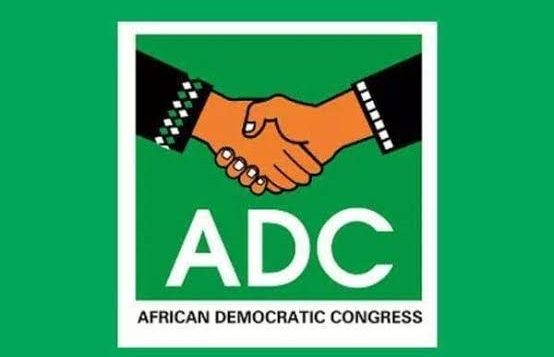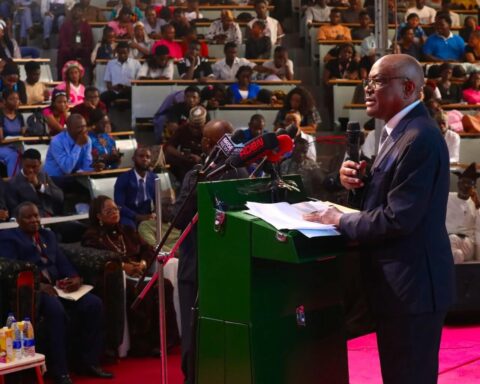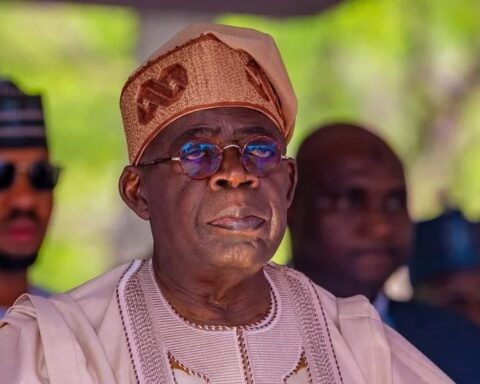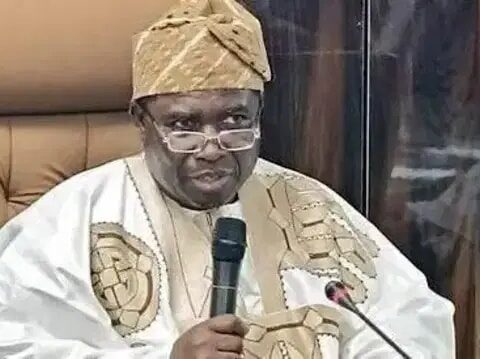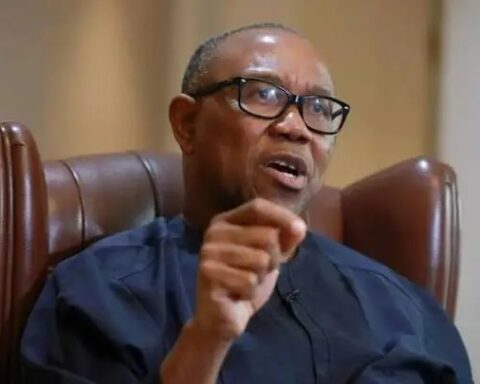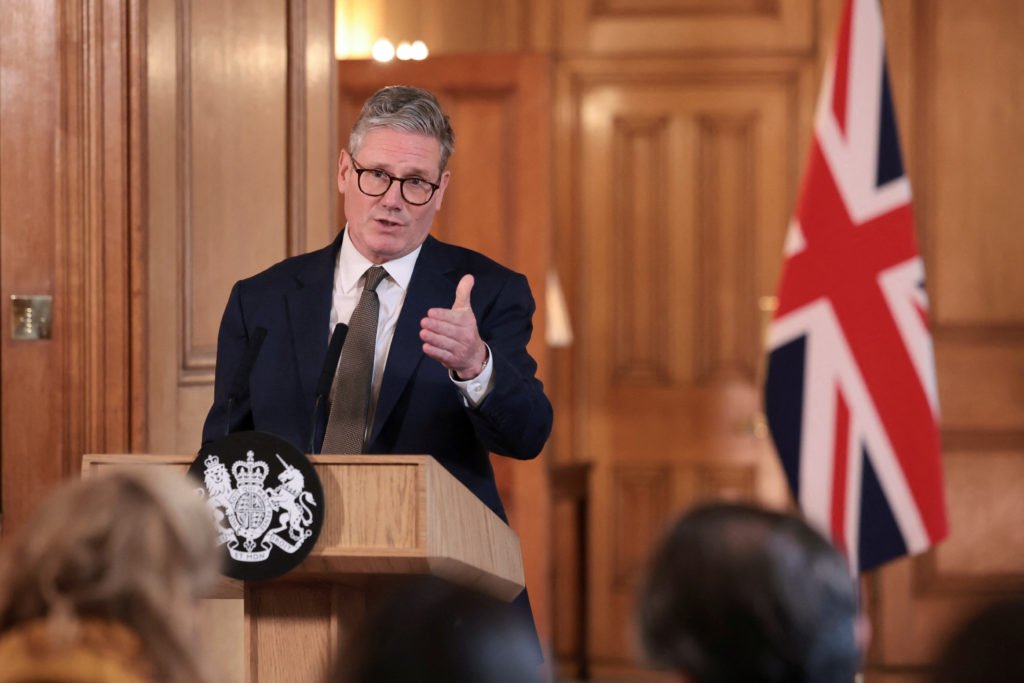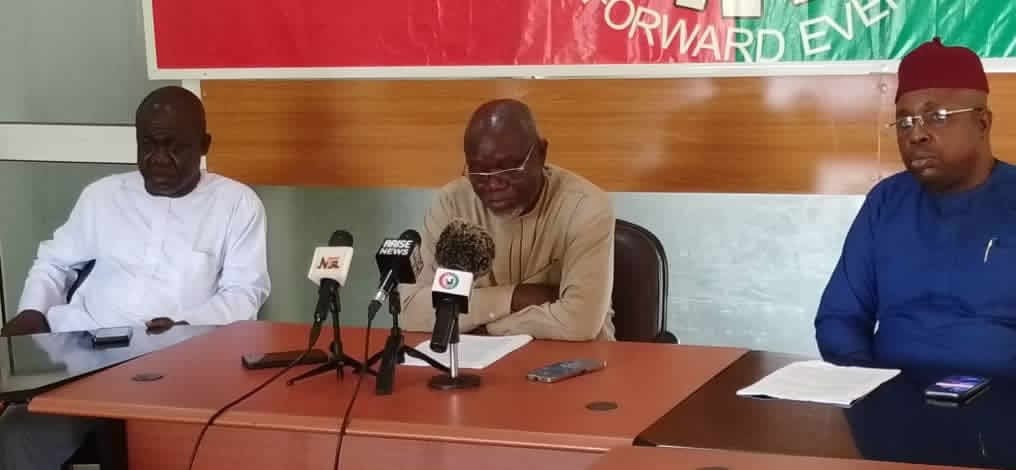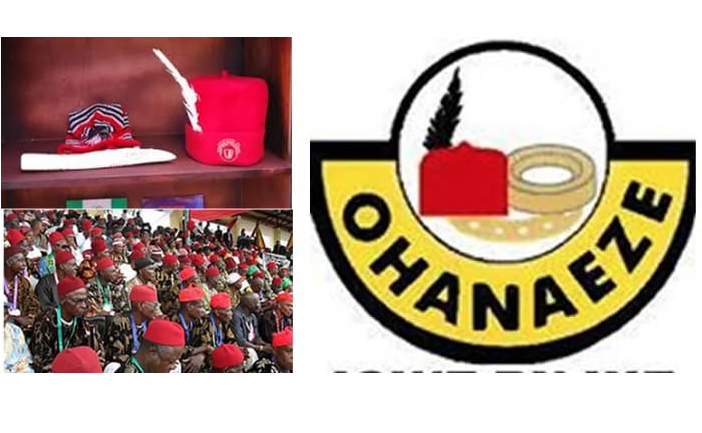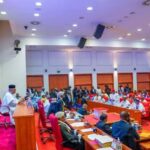A fresh wave of internal crisis is rocking the African Democratic Congress (ADC) following its sudden adoption by a coalition of opposition leaders gearing up for the 2027 elections. What was meant to be a unifying political move has instead exposed deep divisions, confusion over who holds authority, and accusations of hijack and illegitimacy.
On July 2, 2025, a coalition of opposition politicians, including former Vice-President Atiku Abubakar, Senate President David Mark, former Osun State governor Rauf Aregbesola, Labour Party figures, and others, held a meeting in Abuja. At the meeting, they adopted the ADC as their vehicle for challenging the ruling party ahead of 2027.
At the same time, new interim leadership was announced: David Mark as interim National Chairman, Rauf Aregbesola as interim National Secretary, and Bolaji Abdullahi as spokesperson.
Almost immediately, significant resistance came from within ADC itself. A faction, calling themselves Concerned Stakeholders of the ADC, led by Musa Isa Matara (national publicity secretary), issued a strong rebuttal. They argued that the adoption of ADC by the coalition was unauthorized, done without input from key organs of the party: state executives, ward coordinators, youth and women leaders.
>The ADC is not for sale … It belongs to its members, not political merchants or elite dealmakers,” the statement read.
They also challenged the legitimacy of the Mark-led leadership, saying they were not ratified by the National Executive Committee (NEC) or any national convention.
Further pressure came from state Chairmen of ADC, some of whom described the shift as a “political coup”.
Other voices were more supportive. Some state chapters affirm their backing for the Mark-led NWC and interim leadership, arguing that they are legitimate and necessary for opposition unity.
1. Who really owns ADC?
Many long-time party members argue that a small group of opposition elites have attempted to take over the party without democracy or transparency. The claim is that ADC is being used as a platform, not as a party whose membership and internal rules are being respected.
2. Legitimacy of leadership
The legitimacy of Mark, Aregbesola, and interim leaders is being contested. Dissenters say there was no proper NEC ratification, no consultative process. Without constitutional or procedural backing, they argue, interim leaders have no authority.
3. Coalition vs. Party
Some say the coalition is imposing a direction, using ADC as a convenient brand. But traditional ADC members argue: if coalition leadership wants to make real change, they must respect party structures—not bypass them.
4. Legal and institutional fragility
The dissenters point to unresolved legal battles around ADC from past elections. They argue that adopting “coalition leadership” atop unresolved internal issues weakens the party’s foundation.
The PDP, for instance, has said that the coalition and ADC’s current state reflects confusion and may collapse under weight of internal disputes.
Observers warn that unless the ADC coalition resolves its internal conflict, its appeal might be severely undermined before 2027.
Some analysts argue that if coalition leaders do not reconcile the ADC factions, they risk creating parallel parties or splinter groups.
A National Convention of ADC may be held to resolve the leadership dispute. Many insist only constitutional processes can settle who speaks for ADC.
Legal scrutiny and clarity will be essential. Courts or INEC may be asked to weigh in on legitimacy.
Whether the coalition will succeed in 2027 depends in part on its ability to present a united front not just in public but within party organs.
In short, what was meant to be a grand coalition under ADC risks becoming a fractured platform if internal cohesion and clarity of leadership aren’t restored.
Follow us on all social media platforms @dailyquery for news and analyses around the globe.
